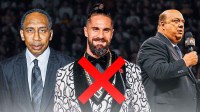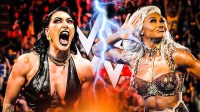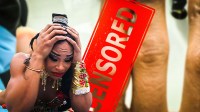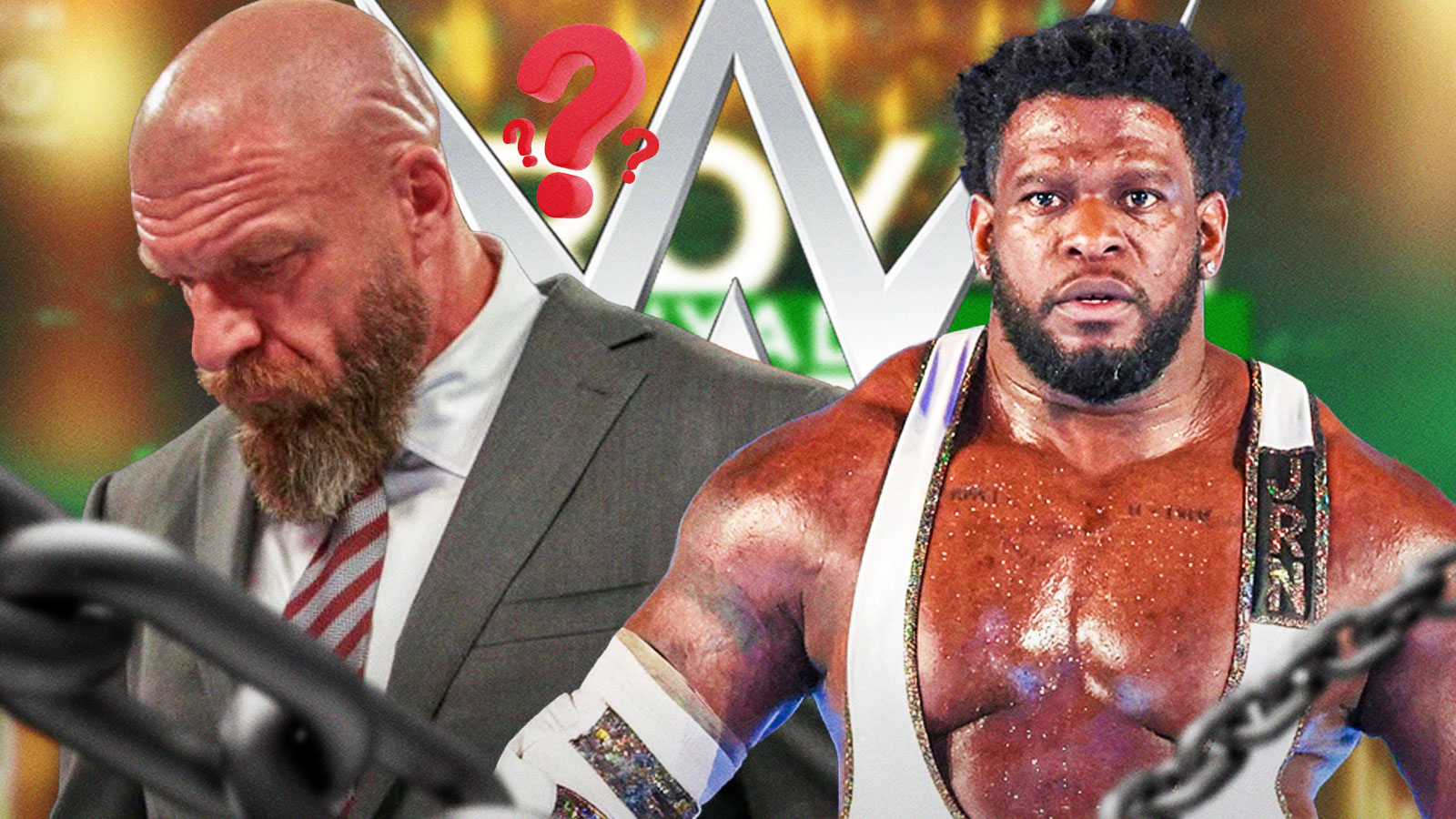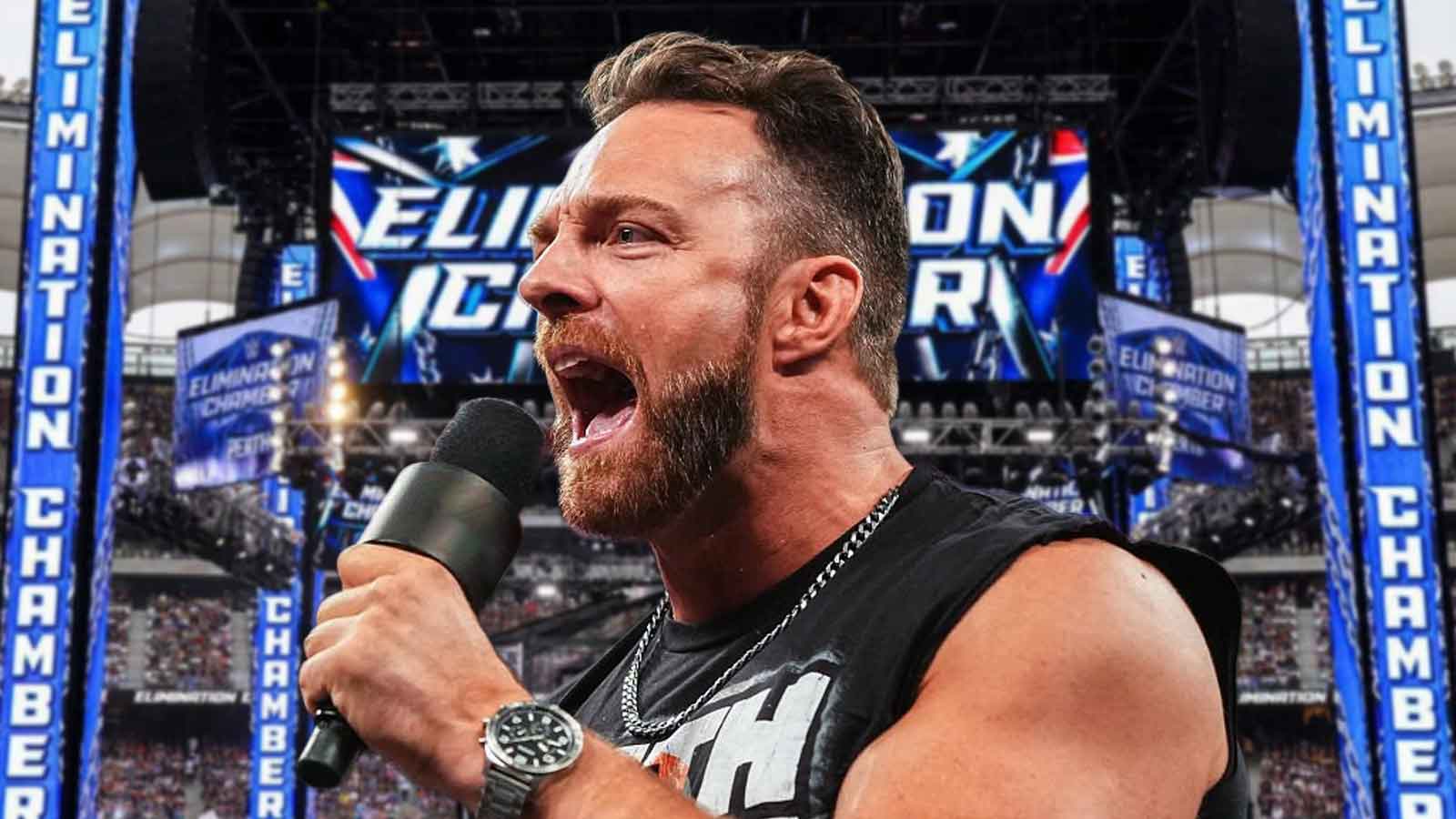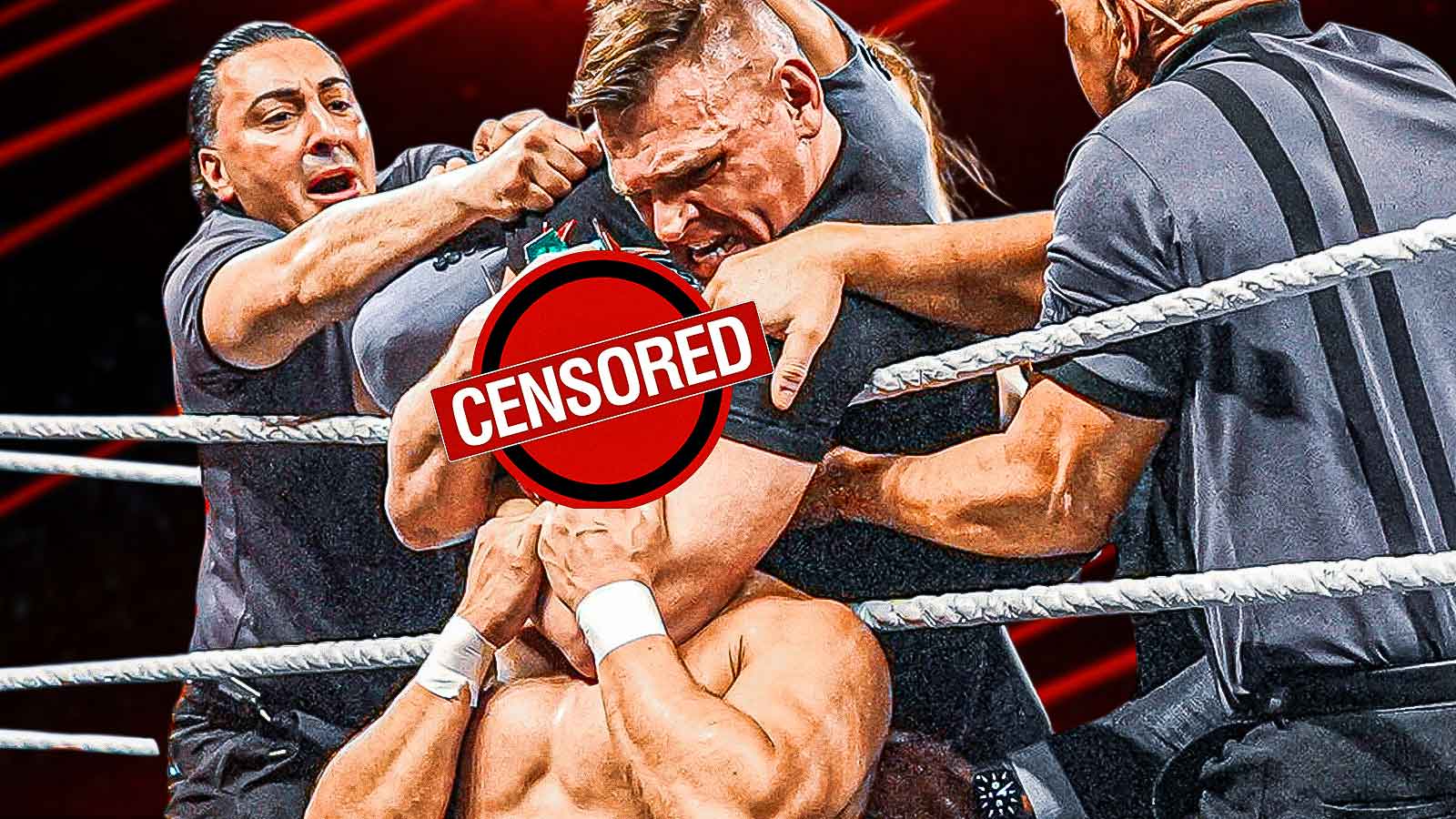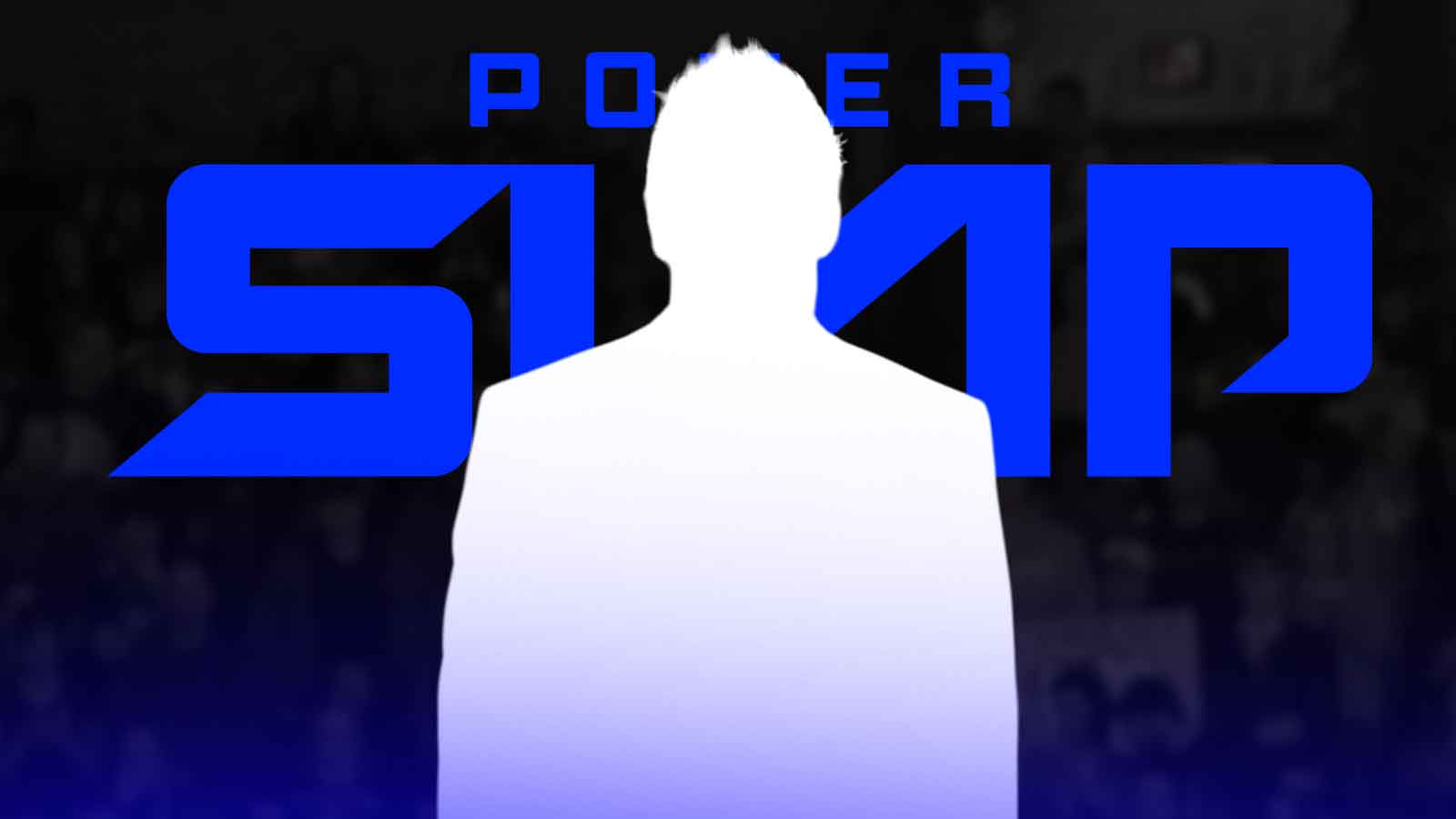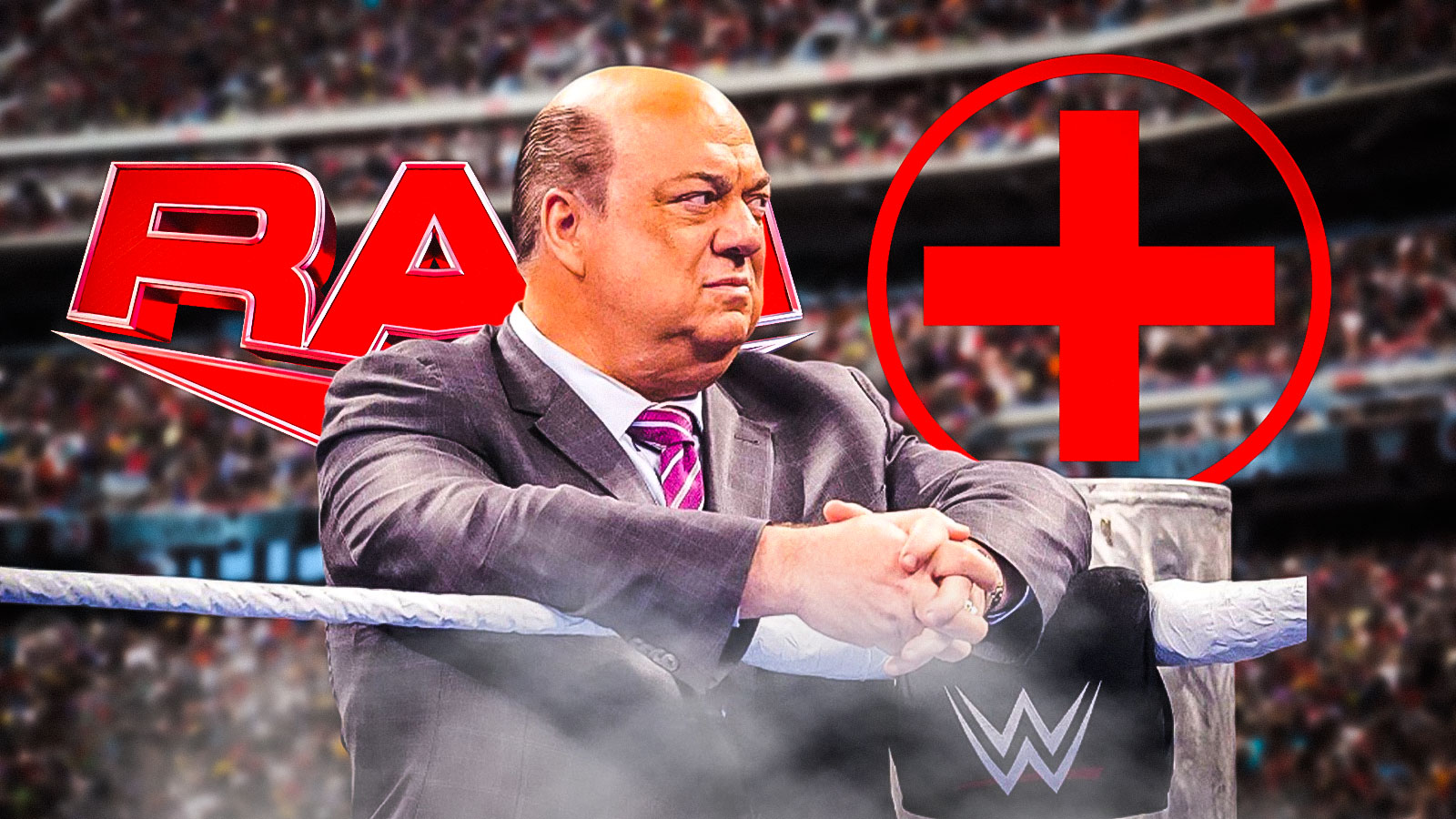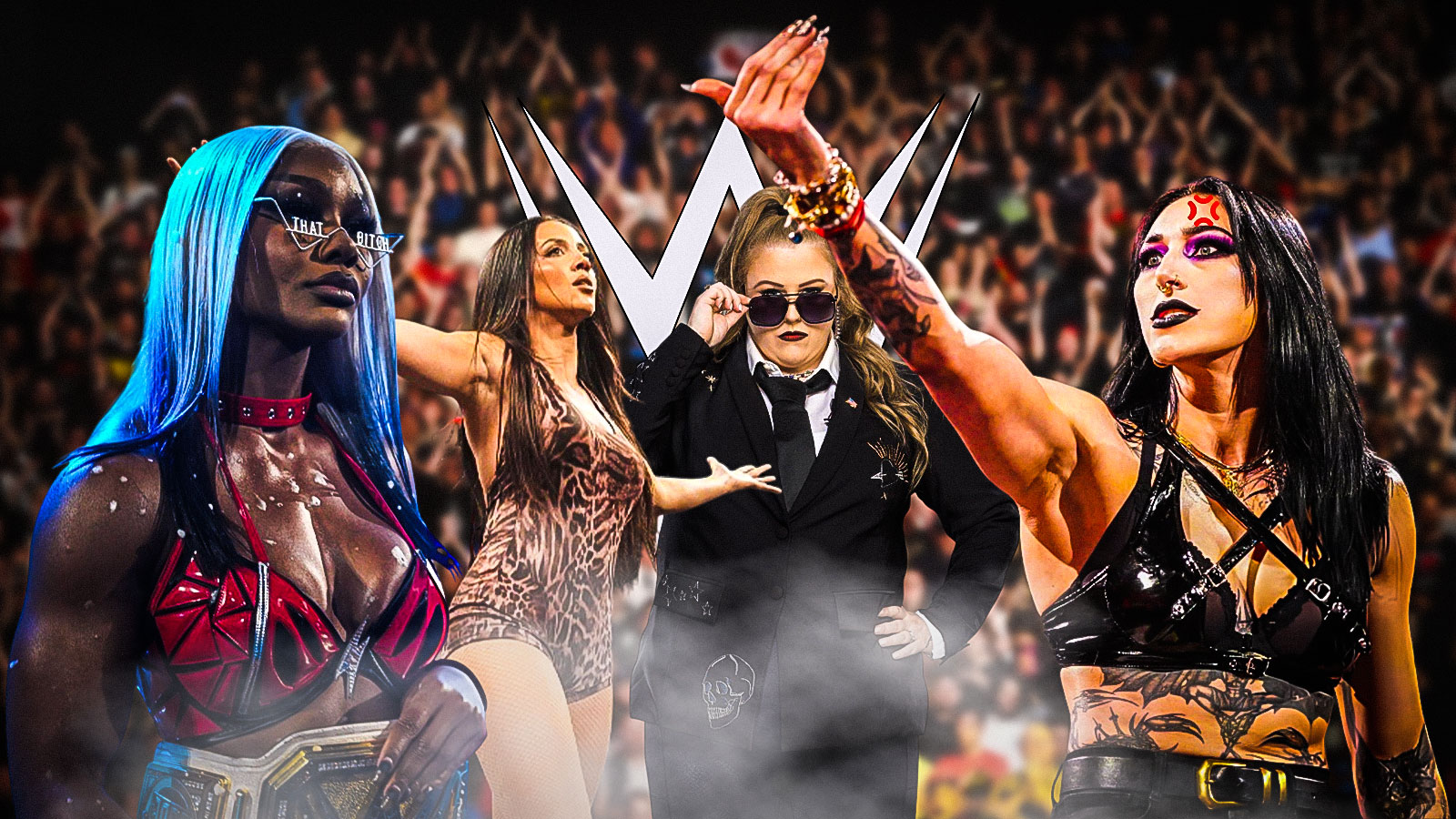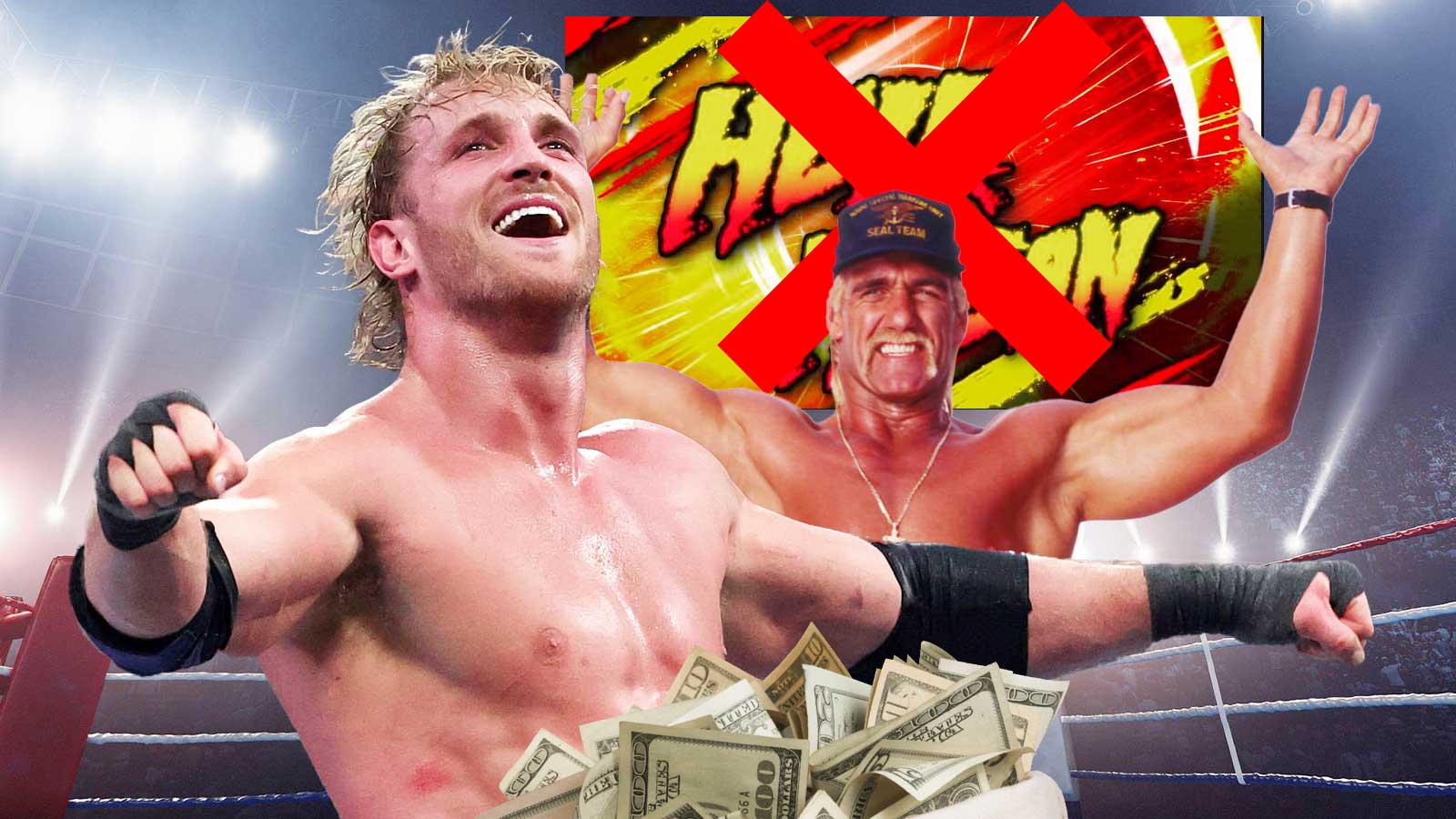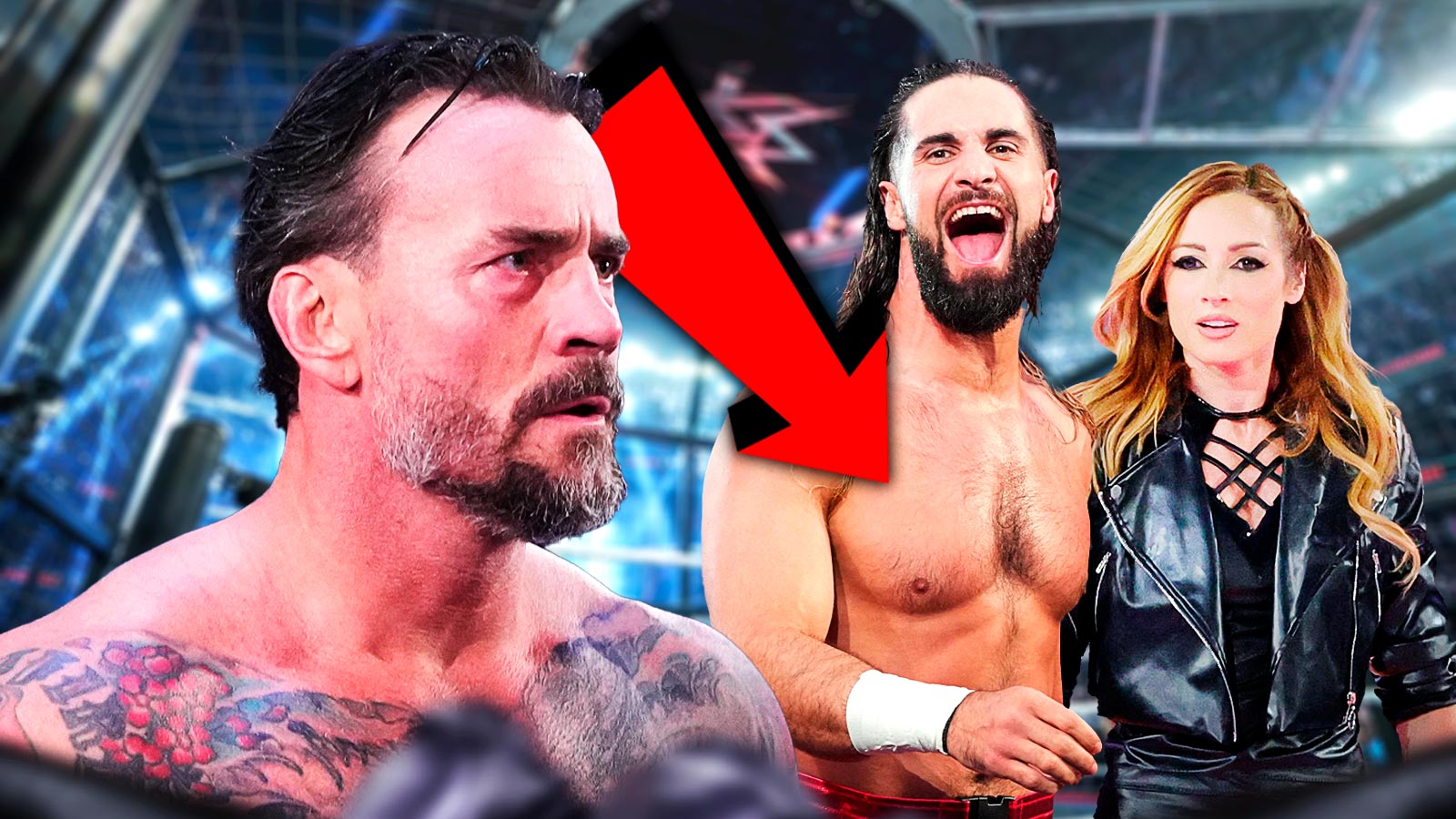When Hulk Hogan made the jump from WWE to WCW in 1994, it felt like a whole new world opened up for the “Hulkamaniac.”
Suddenly Hogan could do more outside activities, from appearing in more movies and television like Thunder in Paradise to opening his own Italian quick service restaurant at the Mall of America, Pastamania, all the while becoming more popular than ever after turning heel alongside his fellow WWE outcasts Kevin Nash and Scott Hall, forming arguably the most popular faction in professional wrestling history, the nWo.
And yet, one thing Hogan didn't do during his run in WCW was tour Japan and work matches with the promotion's partner, New Japan Pro Wrestling.
Discussing WCW's relationship with NJPW on a very special edition of 83 Weeks, Eric Bischoff explained why Hogan, a former IWGP Heavyweight Champion with a fantastic history of wrestling in Japan, never wrestled in the country during the 1990s while other performers like Sting and Eddie Guerrero did.
“Most talent love going over to Japan, loved it. Hulk Hogan wasn’t going to Japan, he’d been there enough. He’d been there and done that. He built a lot of his career in Japan and had all the fun that he wanted to have, and wasn’t as interested in 20-hour flights as the rest of the talent was,” Eric Bischoff shared via EWrestling News. “But beyond Hulk, no everybody was excited. I never had anybody balk about going over there. Look, had I brought up Hogan’s name as a potential for a big show? Absolutely. I think everybody would have done backflips, including Inoki who was the president of the company at the time. But I think most people also recognize that that Hulk was, for the most part, done with Japan. And if he did come over, it would be a very special occasion for one match. He wasn’t going to go over there and tour as The Nasty Boys did, or Eddie Guerrero or Chris Benoit, Dean Malenko, or Sting or any of the other talent that would go over to tour. They weren’t going over for one shot. I think everybody in Japan would have been excited about it, but I think everybody in New Japan knew that it was probably unlikely to happen. It would have been very, very expensive to.”
Whoa, interesting stuff, right? Well wait, it gets even better, as Bischoff had plenty more to say about the “Hulkster” and his decision to stay in Hollywood while the rest of the promotion went abroad.
Hulk Hogan was burned out on Japan in the 1990s.
Discussing Hulk Hogan's desire to return to Japan for a match in NJPW, Eric Bischoff wanted to clarify that while the “Hulkster” has nothing but love for the country and its professional wrestling tradition, he simply didn't have the desire to make the trip across the Pacific when he was in his 40s.
“[Hulk] loved working in Japan. If you sit down and talk to Hulk Hogan you get him to open up about his experiences in Japan. And I think there would have been a scenario back in the day when Hulk could have been convinced to stay in Japan,” Eric Bischoff said. “He loved it, absolutely loved it. But like a lot of things in life, you love it to the point where okay, don’t need to do that anymore. And the travel was hard. You know, Hulk Hogan spent a long time [on the road]. He was the original road warrior when it came to schedule. Vince McMahon worked him to death early in the ’80s, and I think when Hulk finally got to the point where financially he was secure and had experienced so much, he was a lot more picky about where he worked and how often he earned that right.”
Would it have been cool to see Hogan wrestle some of the biggest and best stars NJPW had to offer in the 1990s, from Riki Choshu to Shinya Hashimoto or even the Great Muta in the Tokyo Dome? Sure thing, but hey, after spending plenty of time in Japan during his 20s, engaging in pretty incredible programs with Antonio Inoki while proving he could really work in a more competitive style of in ring work versus the superhero stylings of WWF at the time, it's understandable that Hogan wouldn't want to put his body through all of that travel, let alone the hard-hitting style of younger performers a decade or two his junior, especially when you consider Hogan worked a few matches with NJPW in 1993 with and against Muta, a match in 1994 against Tatsumi Fujinami at the Tokyo Dome in 1994, and even a match versus Masahiro Chono in 2003. While none of those matches came under the WCW banner, it's safe to say Japanese Hulkamaniacs got to enjoy their favorite wrestler all the same.





